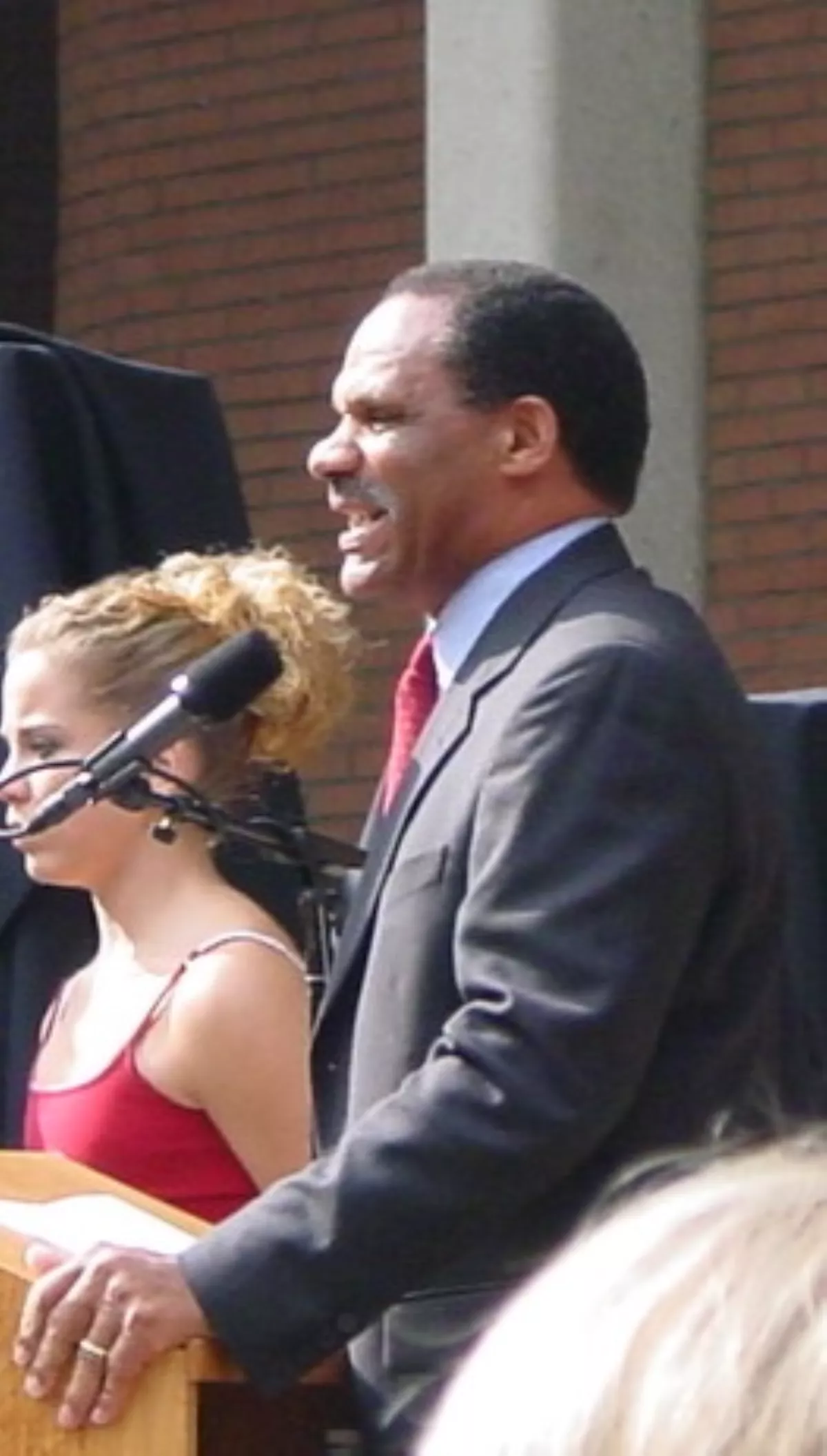 1.
1. Michael Lockett Garrett was born on April 12,1944 and is an American former professional football player who was a running back for eight seasons in the National Football League and American Football League with the Kansas City Chiefs and San Diego Chargers.